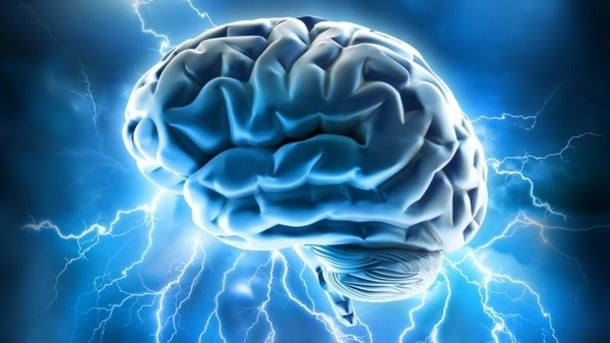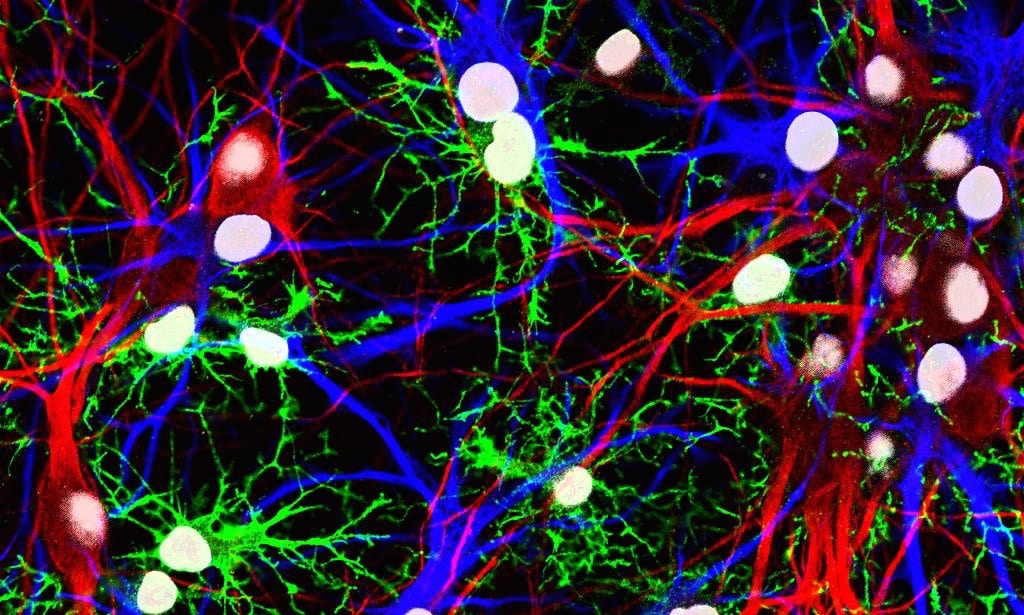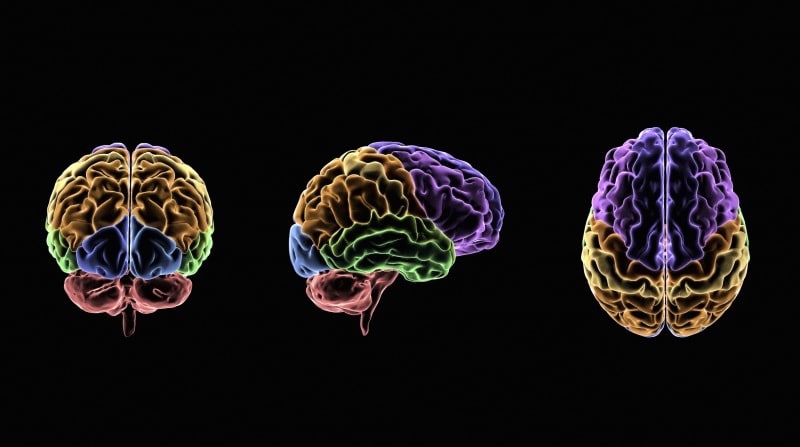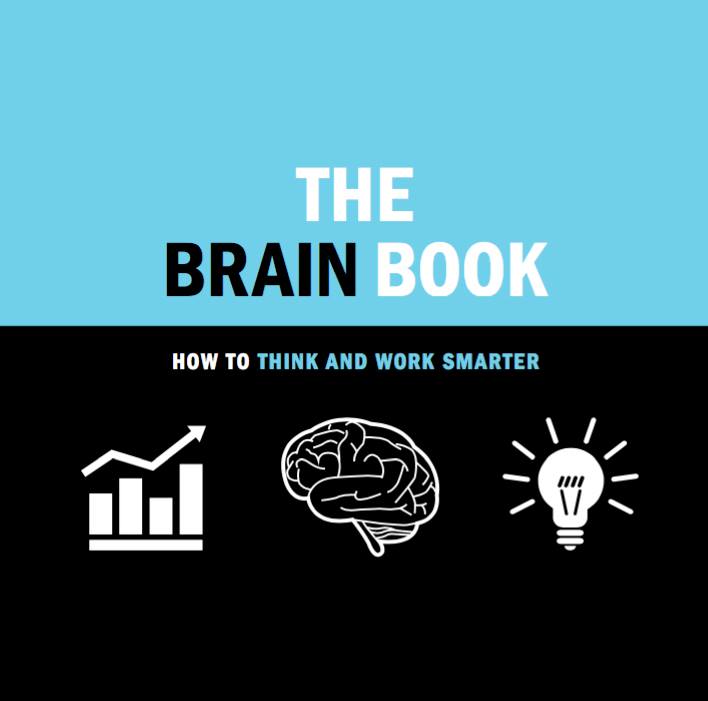As the founder of BrainWorkshops and author of The Brain Book, Phil Dobson helps you use your grey matter better – turning insights from neuroscience, psychology and mindfulness into simple techniques.

Look into the clinical hypnotherapist’s eyes
From brain-zapping to nootropics, take a trip through his top 5 Atlas projects.

Electrified thinking cap
“If you’ve seen the film One Flew Over the Cuckoo’s Nest, the idea of zapping your brain may make you wince, but very small currents of transcranial direct current stimulation (tDCS) can help relieve chronic pain and symptoms of fibromyalgia, Parkinson’s and schizophrenia. Soon well-placed electrical currents will hack us into rapid learning and enhanced performance states.”
2. Human brain-to-brain interface

My brain to yours
“What if our brains could directly communicate with each other, no words necessary? The first noninvasive human-to-human brain interface is a seminal moment in human interpersonal communication. Transcranial magnetic stimulation device (TMS) pulses a rapidly changing electromagnetic field into the brain. One to keep a third eye on for sure.”

Control your brainwaves
“As a musician, I find the idea of understanding the brain though frequency compelling. With neurofeedback you can measure your brainwaves with an EEG device that records electrical activity across your scalp – to give you real time feedback on how your brain is performing.”
4. Alpha BRAIN

Smart drugs: Just say noo
“If you’ve seen the film Limitless, you’re already familiar with the concept of nootropics. They are ‘smart drugs’ that provide the ultimate ‘lifehack’ – substances that are consumed to enhance cognition and mental performance. Eating or drinking things to improve alertness is nothing new. We drink coffee, the Mayans chewed coca leaves. Alpha BRAIN is an example of a popular nootropic concoction.”
5. BrainGate Neural Prosthetics

Wired for thought
“Wouldn’t it be amazing if neuroscience helped paralysed people move again? Neural prosthetics are devices that work by offering a substitute for a motor, sensory or cognitive modality that might have been damaged as a result of an injury or a disease. With BrainGate, someone’s thoughts can directly control a robotic arm or cursor.”

For this interview Phil Dobson went brain-to-brain with Atlas editor Lisa Goldapple. Read more about his BrainWorkshops and order The Brain Book here.
